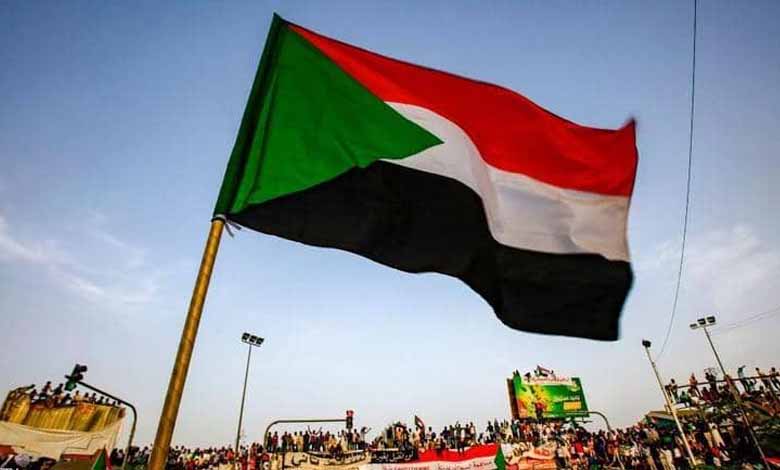Sudanese reject Brotherhood attempts to poison revolution

At dawn on Monday, Sudanese woke up to the fast political events that included the arrest of most members of the Sovereign Council and senior government officials. The Sudanese Ministry of Information announced that the army had launched a campaign of arrests in the ranks of the Transitional Council and the government, which included Prime Minister Abdallah Hamdok, Minister of Industry Ibrahim Al-Sheikh, Information Minister Hamza Belloul, Cabinet Affairs Minister Khaled Omer Yousif, others in the transitional government, Faisal Mohamed Saleh, media adviser to the Prime Minister, and Secretary of the Baas Party Ali Errih Al-Sinhouri.
-
The Sudanese people refuse the intervention of the Brothers in the country
-
UN Rejects Undermining of Transitional Process in Sudan
Arab and foreign countries and international organizations called for restraint and urged all Sudanese parties to contain the situation and give priority to the national interest.
Meanwhile, the Sudanese Professionals Association called for civil disobedience and mobilization in the streets to confront the army’s moves to control power. Meanwhile, the Sudanese pointed to the intervention of the Brotherhood in the recent events, as the remnants of the former regime, which took root during the past three decades of El-Bechir’s rule, are still living in the vehicles of the government, security and military institutions.
Social media activists in Sudan have recently renewed a hashtag calling for the National Congress (Muslim Brotherhood) to be designated a terrorist group; in response to calls to involve the Popular Congress – a wing of the Brotherhood – in political life; was launched by some leaders of the sit-in organized by a group of armed movements and Brotherhood elements in front of the presidential palace in Khartoum.
Months ago, the Sudanese authorities arrested a number of Muslim Brotherhood members during a raid on a secret meeting of the organization in eastern Khartoum. The operation took place under the procedures of the Committee for the Disbanding and Eradication of Empowerment, after monitoring the activities of the isolated regime elements and planning to provoke chaos, taking advantage of the anger over the increase in gasoline prices.
-
Saudi Arabia Condemns Failed Coup Attempt in Sudan
-
Sudan Muslim Brotherhood corruption … the freezing of assets of 161 elements, among them prominent leaders
At the time, the ruling coalition party, the Forces for Freedom and Change, called on the people to stand up and confront the remnants of the Brotherhood. It affirmed that it stands with the issues of the east of the country, and demanded that everything that would lead to justice for the citizens of eastern Sudan and preserve the country’s unity.
At that time, the forces of freedom and change made clear that they were monitoring attempts to tighten the parties and undermine the democratic civil transition, to bombard the democratic civil transition, working to return the old regime and comprehensiveness, and desperate attempts to replace the political incubator of freedom and change with another one from the remnants and their partners, noting that eastern Sudan has a neighboring stretch of a special nature, related to the strategic issues of Red Sea security for our region and the world.
-
Sudan police free 12 girls from human trafficking gangs
-
Among them is an intelligence officer.. Arrest of Brotherhood in Sudan
The latest events and chaos come as part of the Brotherhood’s attempts to confront the painful blows it received from the Sudanese Disengagement Commission, which confiscated the property of prominent figures, broke into the corruption of the Popular Security Movement, the secret organ of the Islamic political movement, and expelled about 1,000 members of the terrorist group from Sudanese state institutions.












